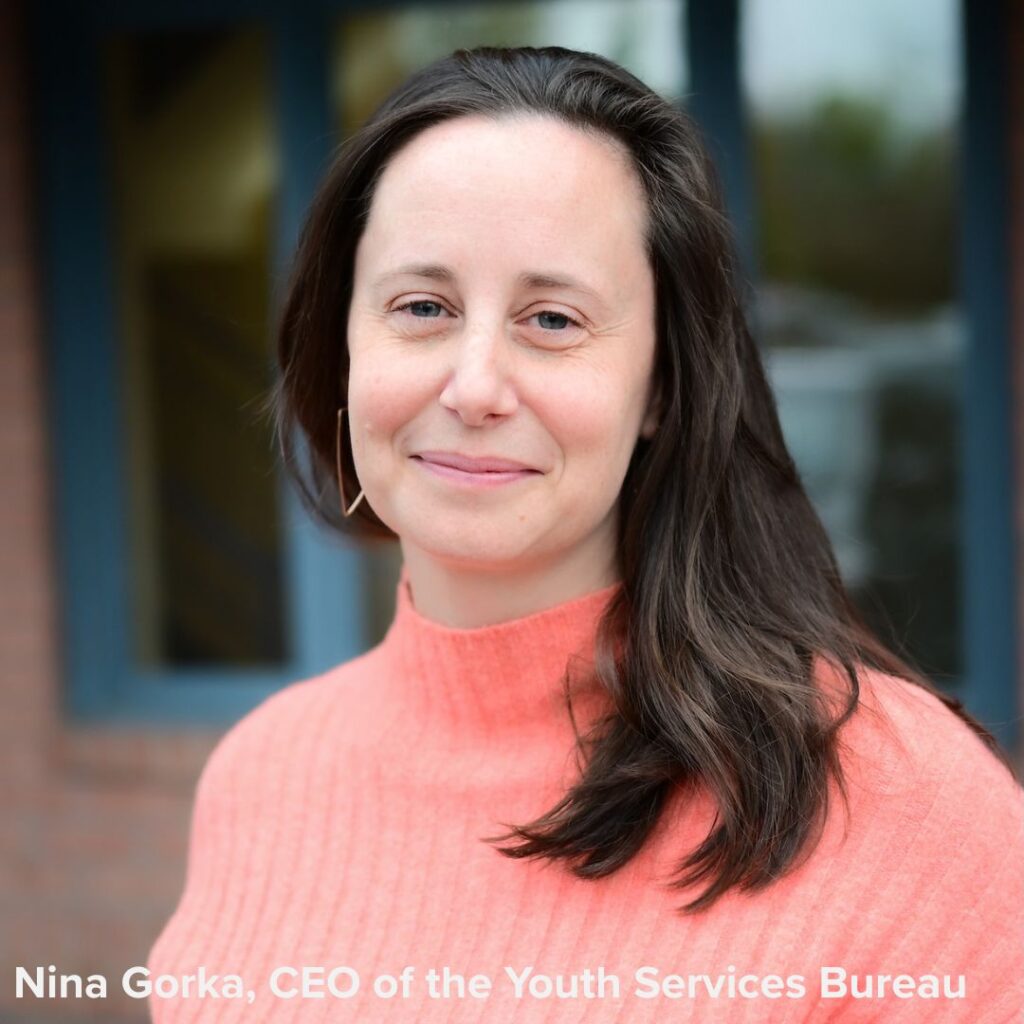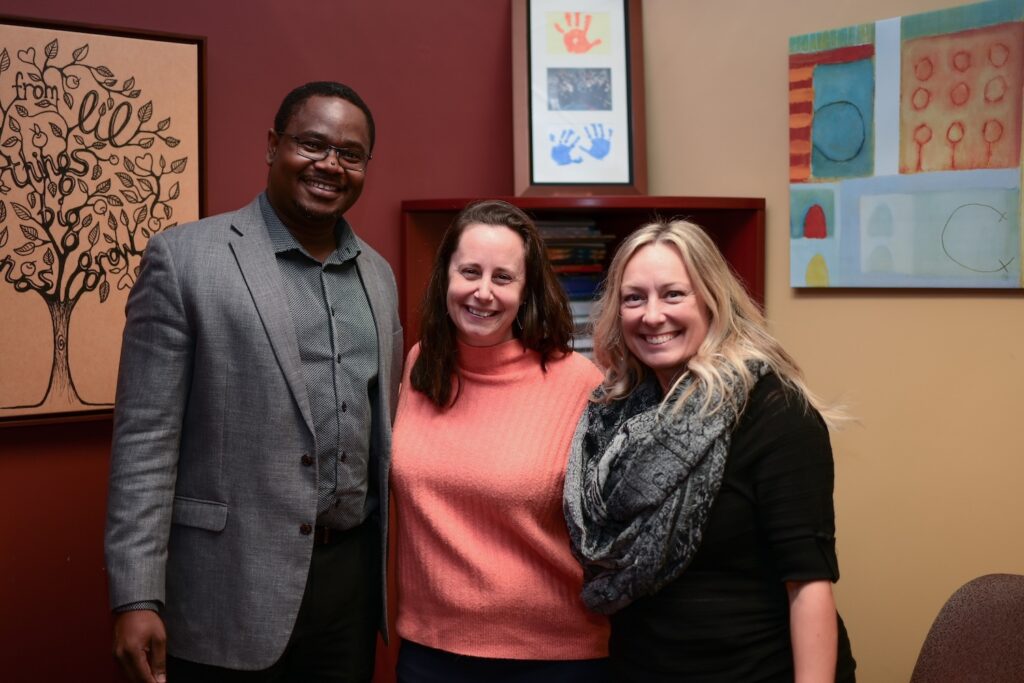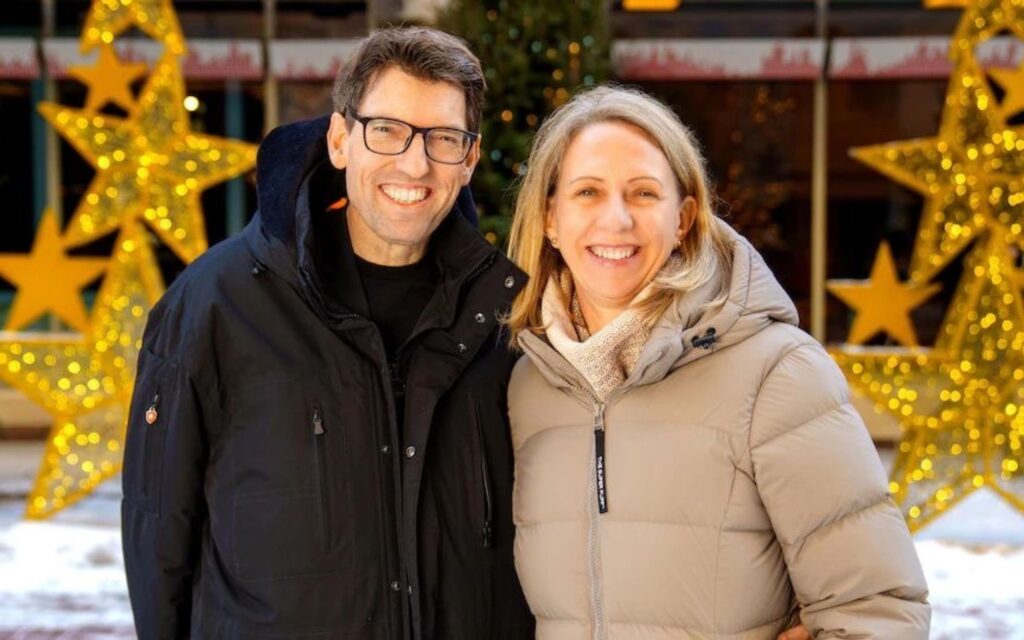
If you ask Nina Gorka what brings her hope, you’ll likely get a simple answer: youth.
As CEO of the Youth Services Bureau (YSB), she sees firsthand how young people are navigating an increasingly complex world, and the resilience and acceptance so many bring to the table.
“They push us to think differently, and they push us to be creative,” she said. “And I find that really hopeful.”

For 65 years, YSB has consistently and compassionately shown up for young people across Ottawa. With 22 locations and services that help over 3,000 youth and their families each month, it has become more than just a youth organization – it’s a cornerstone of the city’s social support system.
While YSB services touch all areas of a young person’s life, including employment, youth justice, housing and shelter, over the last few years, one need has become increasingly urgent: mental health.
A growing need and a flexible response
“I think the pandemic took a real toll on youth, and we’re just starting to see the impact of that,” explained Gorka.
She points to a rise in anxiety, depression, and isolation – symptoms that have only been further amplified by economic stress, social media pressure, and a frayed sense of connection.

Youth are also feeling the weight of rising poverty, job insecurity, and uncertain futures – challenges that are impacting families right across the city.
In response, YSB offers a wide range of mental health programs led by experienced counsellors. From walk-in clinics and 24/7 crisis lines to residential care and long-term counselling, the organization prides itself on meeting youth where they are, said Gorka.
They make it easy for individuals and families to access help – whether that’s through an online chat, a call, or a walk-in visit. For some people, a single counselling session is all they need; for others, there may be a need for ongoing connection.
“It’s all about flexibility. We want young people to get support in a way that feels right to them,” she said. “We really pride ourselves on identifying where a youth is at in order to give them the support that they need in the moment.”
Community supporting community
With demand on the rise, community support is key to keeping that work going. YSB collaborates closely with organizations like CHEO, the Royal, Crossroads, and the Roberts Smart Centre to ensure youth don’t get left behind. These partnerships are especially crucial when clients age out of youth systems and face the sometimes-jarring transition into adult services.
But it’s not just service partners that make YSB’s work possible. Corporate allies like Bell have played a vital role in supporting and amplifying YSB’s impact. Through initiatives like Bell Let’s Talk, the company has become a trusted champion of youth mental health in Ottawa.

“Our partners show up not just to be seen, but to really support us and to help enable us – through their investments – to do the work that’s needed,” added Gorka. “They ask what youth need – not what works best for them. That kind of partnership is unique, and we’re incredibly grateful for it.”
Helping parents help their kids
Supporting youth also means supporting their families, and that can be tough – especially when parents and teens aren’t speaking the same language.
“Youth today talk about mental health in a way many parents didn’t experience,” said Gorka. “They’re the ones breaking down the stigmas in a much stronger way than adults in our generation and generations prior.”
That generational gap can leave parents feeling unsure, shut out, or even guilty – especially moms, who often carry the emotional weight of the family’s wellbeing. When a child is struggling, it’s easy to fall into self-blame or feel like you’re somehow failing them, which is rarely the case.
“There are so many factors that influence how families communicate about mental health – and I’d be remiss not to name built-in biases, intergenerational trauma, and a mistrust of the mental health system as elements that make these conversations even harder,” she said. “But I do think we, as parents, need to take an active interest in how our kids are talking about mental health to make those conversations a bit easier.”

At YSB, that support extends to families, too. Parents can access advice through the crisis line or walk-in clinic, and in moments of feeling stuck or overwhelmed, that connection can be a lifeline – a reminder that they’re not alone, and that help is available for them too.
“I really think it’s about trying to leave someone with a little bit more hope, a little bit of a plan, some type of resource or care or follow-up,” said Gorka. “Our staff create the most incredible environment here because they really care about the work, which translates into every conversation we have, or person we help.”
See how you can access YSB’s services, visit ysb.ca.
Since its launch in 2010, Bell Let’s Talk has partnered with more than 1,500 organizations, like Youth Services Bureau, providing mental health services throughout Canada, including hospitals, universities, local community service providers and other care and research organizations. To learn more, please visit Bell.ca/LetsTalk.
To read more about youth mental health, visit A Generation At Risk: The State of Youth Mental Health in Canada, the most recent comprehensive report of its kind, featuring all-Canadian data and insights. Created in partnership with Bell Let’s Talk this report provides an unprecedented look into the state of youth mental health across Canada. It combines data from national polling, interviews with Canadian youth, and input from key mental health providers to deliver a clear and actionable picture to improve youth mental health.








